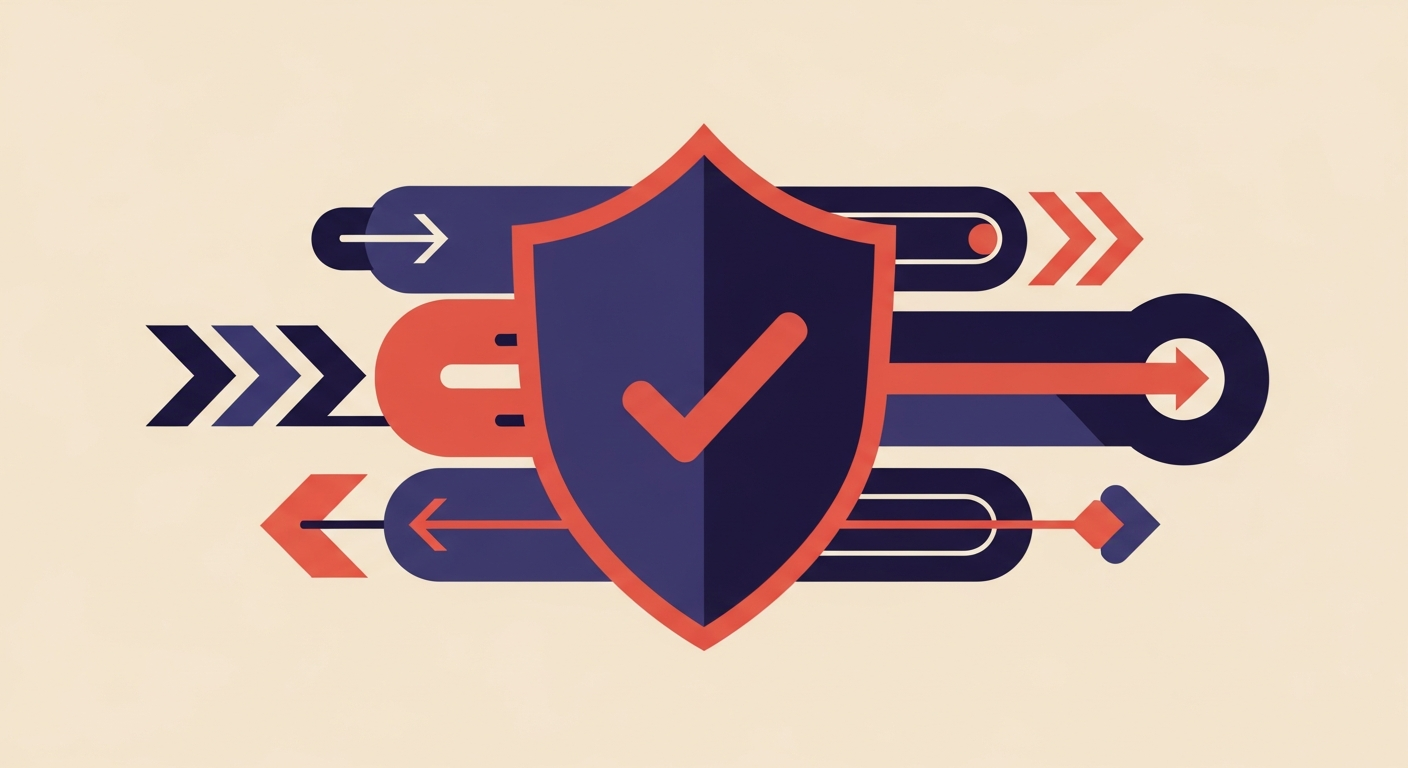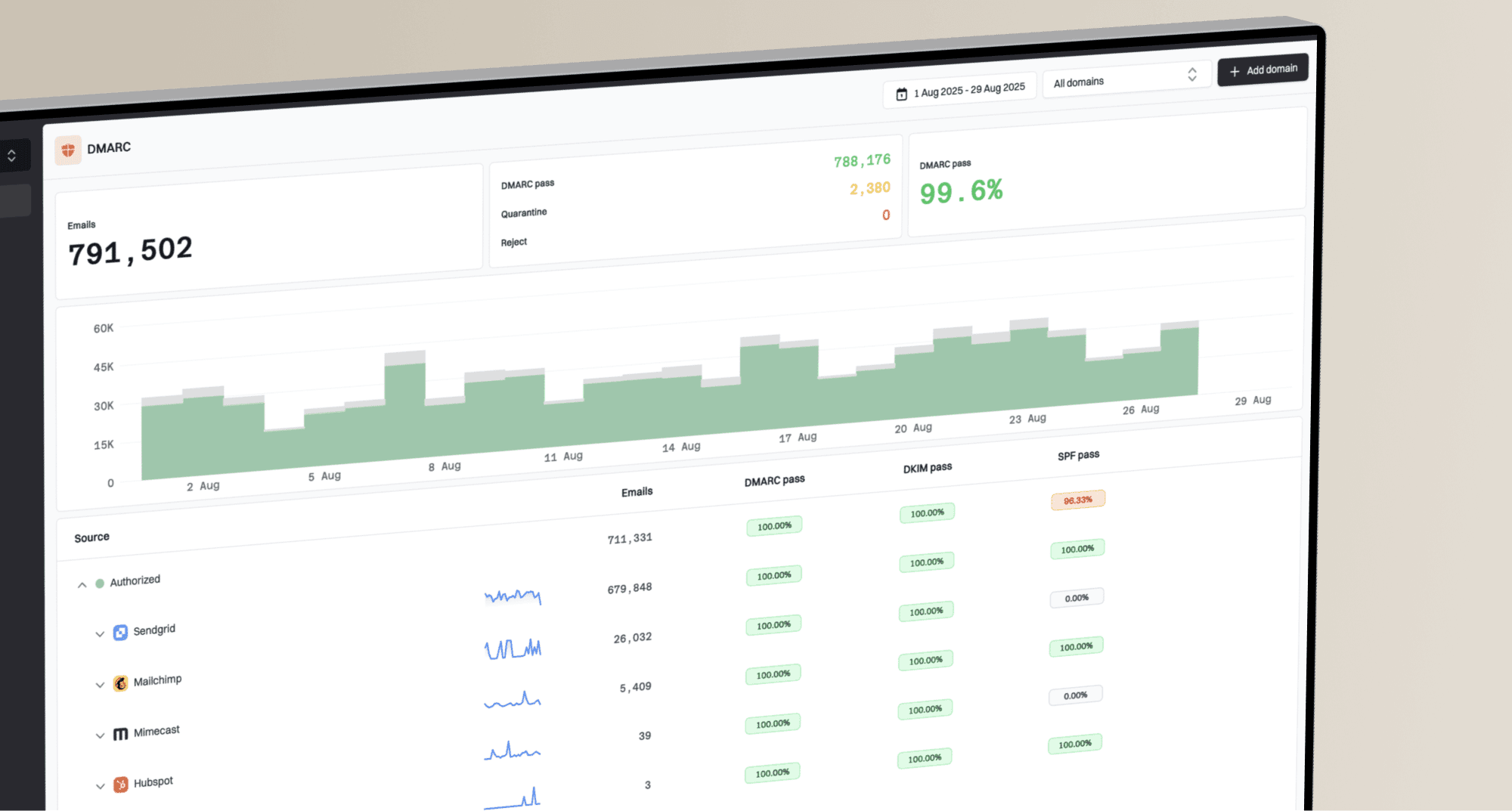Does BIMI require DMARC enforcement policy 'p=reject' or 'p=quarantine'?

Matthew Whittaker
Co-founder & CTO, Suped
Published 11 Dec 2024
Updated 31 Oct 2025
5 min read


 DMARC reports is the recommended first step. Tools like Suped provide AI-Powered Recommendations to help you identify and fix authentication issues efficiently.
DMARC reports is the recommended first step. Tools like Suped provide AI-Powered Recommendations to help you identify and fix authentication issues efficiently.v=DMARC1; p=reject; rua=mailto:dmarc_reports@yourdomain.com; ruf=mailto:forensic_reports@yourdomain.com; fo=1;

